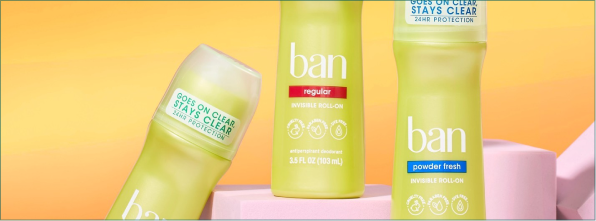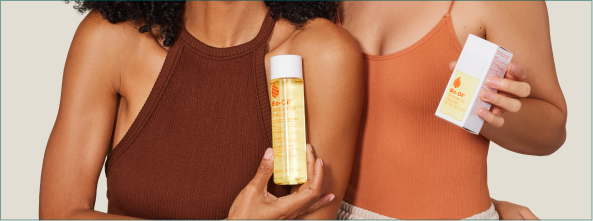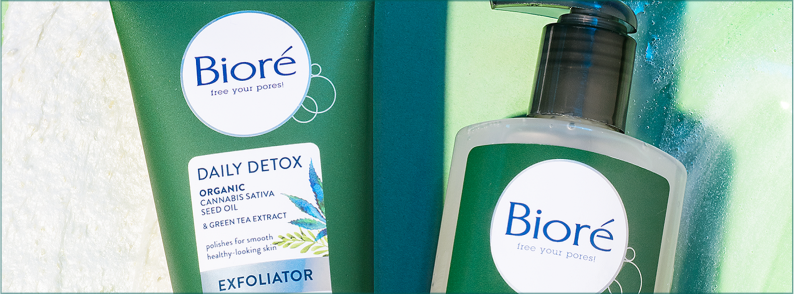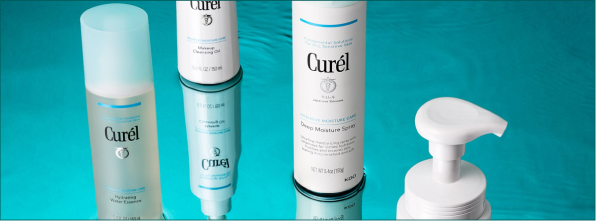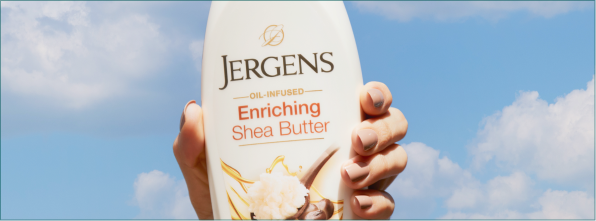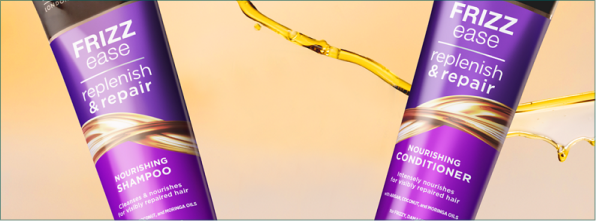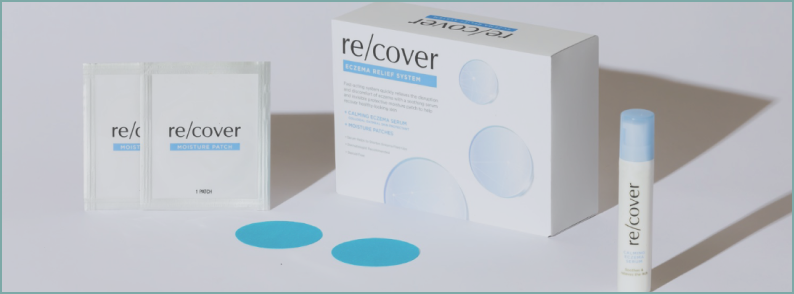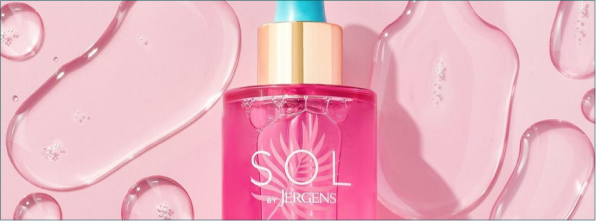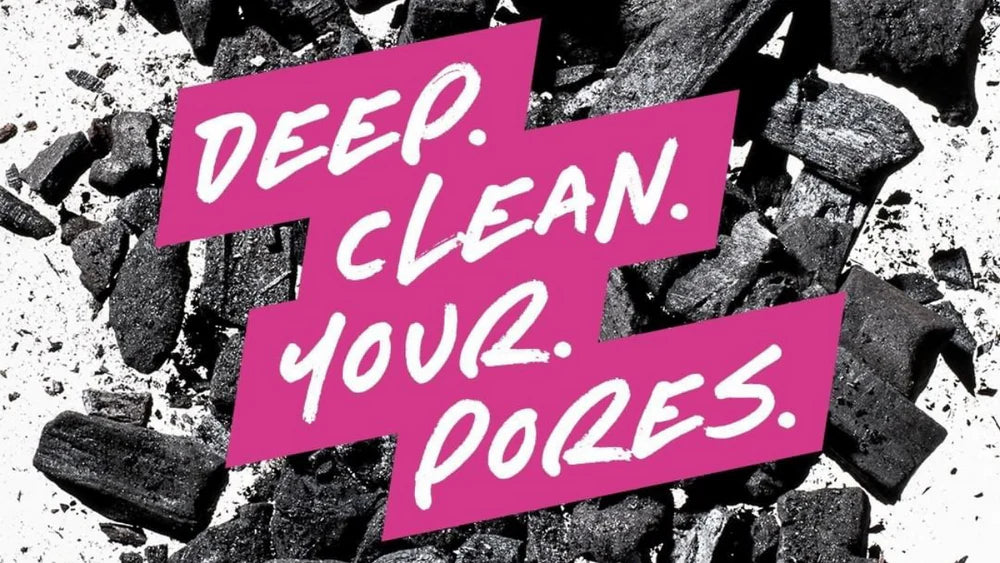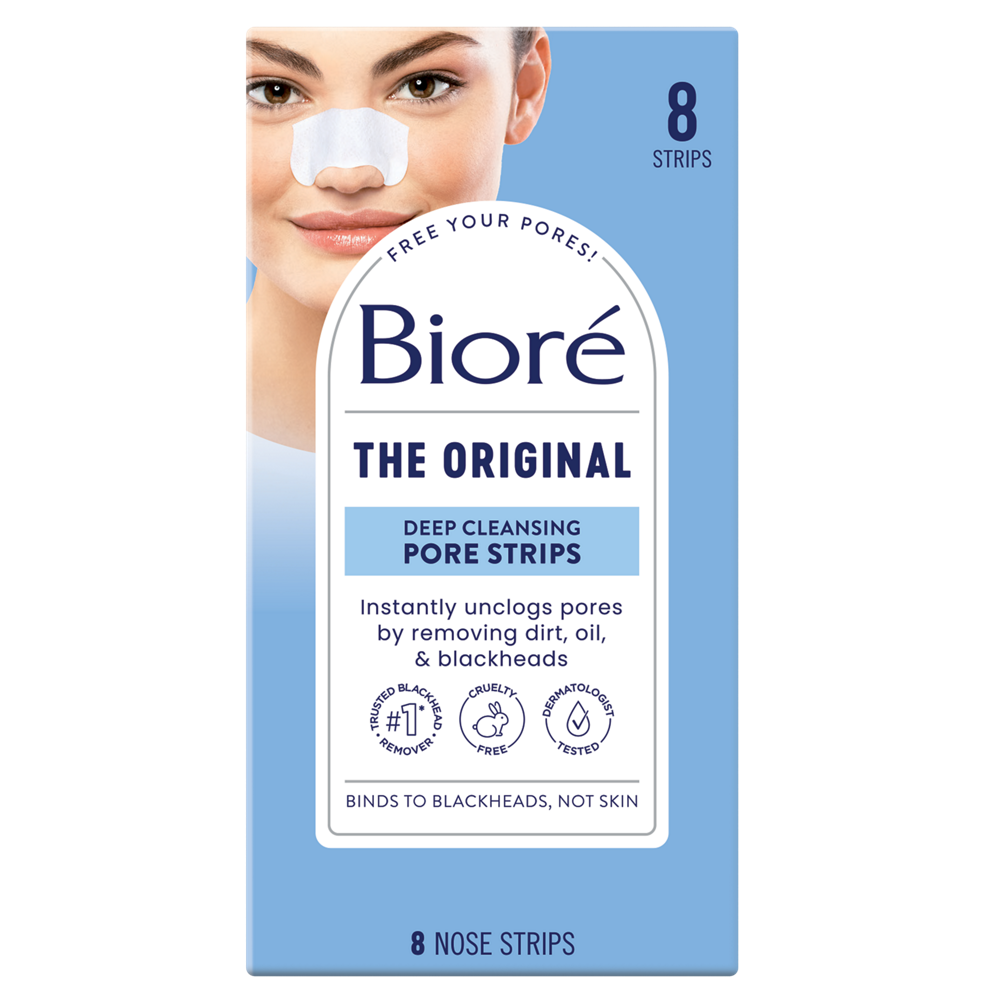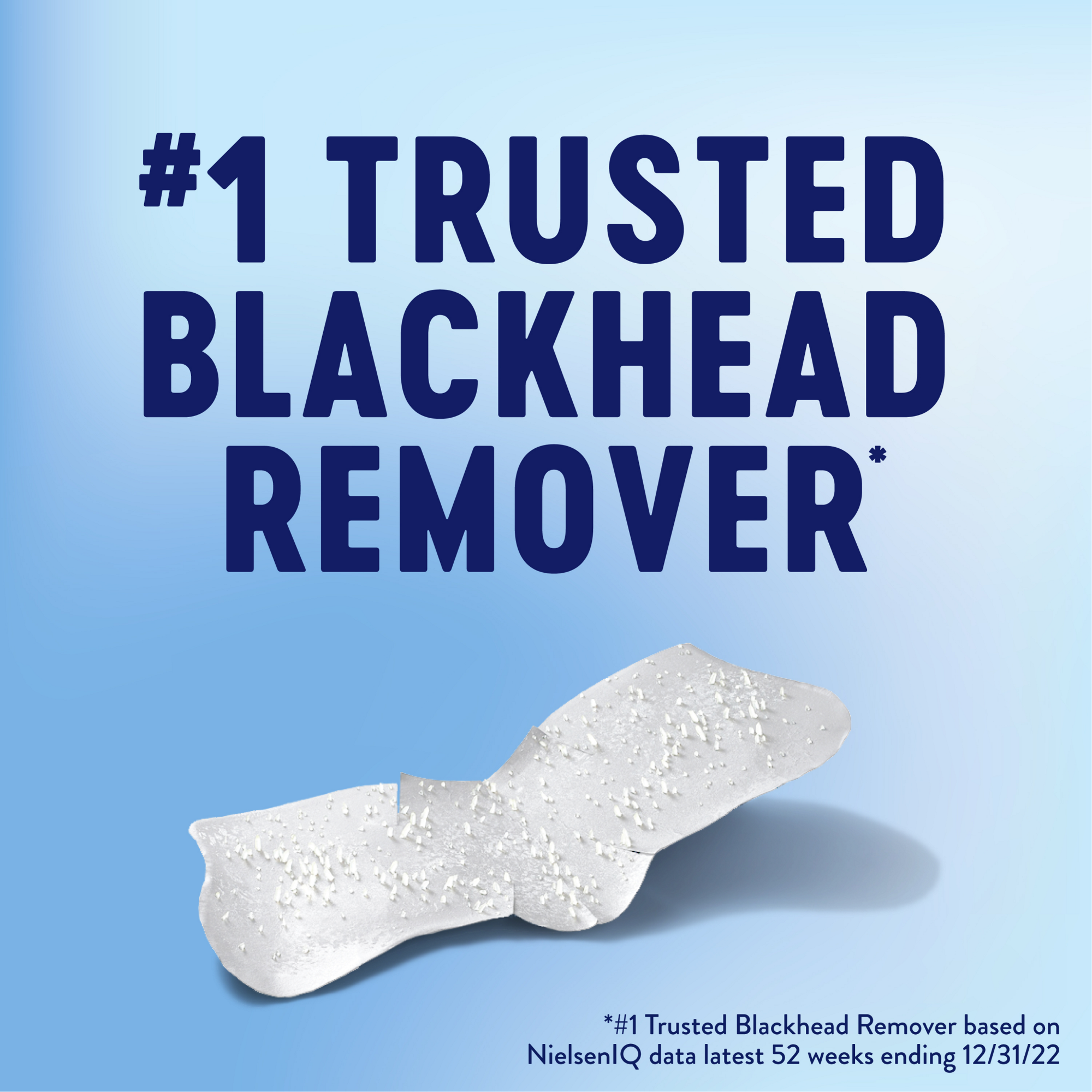Maskne: Tips on How to Treat and Prevent Acne

Face masks have become part of the new normal. Wearing face coverings almost everywhere can lead to buildup on skin and in pores, which could cause acne and other breakouts to develop on your face. Here’s our guide on what maskne is, how to prevent and treat it, and how to help clear breakouts on your face.
What is Maskne?
Breakouts from mask wearing are commonly known as maskne. Maskne (mask + acne) can occur due to the regular or prolonged use of face masks. When you wear a mask, it may rub against your skin and increase friction on your cheeks, nose, and chin. Masks may also trap heat, sweat, dead skin cells, and sebum on your skin—a recipe for clogged pores. Maskne can show up in a few different forms. Some of these include:
- Pimples and other breakouts
- Blemishes around your nose and mouth
- Blackheads
What Causes Maskne?
Multiple factors can cause maskne, including:
- Humidity: The exhaled gases, along with sweat can result in a warm, humid environment—perfect for acne-causing bacteria to thrive.
- Confined Sebum: If you’re required to wear your face mask for long periods, this prolonged contact could trap pore-clogging material on your skin. Sebum, which is an oily substance naturally produced by your skin, can get trapped on the surface of your skin and contribute to clogged pores.
- Allergies: In some cases, you may be allergic to the material your mask is made of, which can lead to irritation or inflammation. If you have sensitive skin or are allergic to certain textiles, be sure to know what your mask is made of before wearing it.
- Exercising with a Mask: Some daily activities like jogging, exercise, and even walking can cause more mechanical friction, heavier breathing, or increased perspiration.
- Hot Weather: A warm, sunny day or humid weather means more sweat or trapped moisture, which in turn could contribute to breakouts.
How to Help Prevent Maskne
Use these preventive measures to help ward off skin issues even before they pop up.
- Find the Right Mask: One of the biggest factors in preventing new skin issues is finding the right mask for your skin. Make sure that it is not too thin, but not too snug that friction increases.
- Practice Proper Mask Care: Once you have the right mask, know how to maintain them. If it’s a disposable mask, replace each one after getting home and avoid reusing them. For reusable masks, wash them thoroughly after each use.
- Handle the Mask Properly: Always wash your hands before putting on your mask to prevent excess bacteria from making their way to your skin. When removing your mask, the best practice is to wash or sanitize your hands first and avoid touching your face while removing. Immediately wash your hands upon mask removal or disposal.
- Know When to Change Your Mask: If you need to wear a mask for several hours or use a mask on and off multiple times throughout your day, try to have several clean masks available. Especially when doing activities that cause excessive sweating like exercise, change the mask for a fresh, clean one. If your current mask feels damp, switch to a new one. Moist, humid environments are optimal conditions for common skin microorganisms to multiply.
- Wash Your Face After Wearing a Mask: Especially if you have acne-prone skin, wash your face to remove dirt, sweat, and oil from the surface of your skin. For effectively cleansing on the go, use a facial cleansing cloth to remove sweat and oil.
- Use a Proper Facial Wash: To help prevent and help treat acne, an acne cleanser with Salicylic Acid is a great choice.
- Go Light on the Makeup: If you can, avoid wearing thick makeup to minimize pore congestion. At the end of the day, make sure to remove all of your makeup.
- Carefully Select Skincare Products Right for You: Especially if you have oily skin, look for noncomedogenic products. Noncomedogenic products are specially designed not to clog your pores.
- Exfoliate Weekly: Use a face scrub to gently exfoliate your skin once a week to remove dead skin cells and excess oil. If you have irritation or broken skin from wearing a face mask, avoid exfoliating your skin as doing so can lead to additional irritation.
Sometimes the unavoidable happens, and despite your best efforts, you notice a new breakout when removing your mask. In that case, here are our top tips to help treat acne:
- Avoid Picking or Pinching Your Skin: If you have blackheads, use a facial pore strip to safely remove blackheads without damaging your skin. If your skin is inflamed or irritated due to wearing a mask, avoid using a pore strip in these areas. Pore strips work hard to remove dirt, oil, pore clogs, and blackheads
- Follow a Consistent Skincare Routine: One of the most effective ways to treat acne is to follow a consistent skincare routine. When looking to get rid of acne, wash your face twice a day with a daily acne cleanser to absorb excess oil and help stop breakouts. To further refine your pores, follow with a Witch Hazel toner to deep clean and remove pore-clogging residue on your skin. This can also be paired with a Witch Hazel cleanser.
- Rest, Rest, Rest: Be sure to take some time for yourself. Stress and lack of sleep can cause your skin to feel out of whack, so be sure to give your body time to rest. Your mind, body, and skin will thank you
-
Similarly, if you have whiteheads, avoid picking at these as well. Instead, use hydrocolloid blemish patches to remove excess sebum trapped within your pores to alleviate your acne.
Other Maskne FAQs
Can facial hair cause more maskne? Having a lot of facial hair will definitely increase the moisture and sweat trapped within your face mask. However, airing out your mask and gently washing areas around your facial hair will help prevent maskne from festering.
Key Takeaways
Maskne is essentially face acne due to the regular or prolonged use of face masks. Although maskne may cause breakouts, consistently wearing your mask to prevent the spread of COVID-19 is still necessary. However, with an effective skincare routine, the right acne products, and our key maskne tips, wearing a face mask while preventing acne is more than doable:
- Dispose of face masks when in prolonged use to avoid built up bacteria staying on your skin.
- Keep your hands clean, properly cleanse your face, and try to use noncomedogenic products.
- Avoid frequently touching your face and hydrate!
